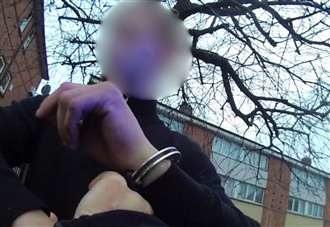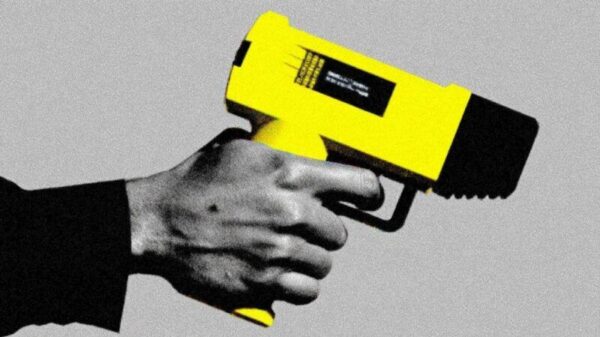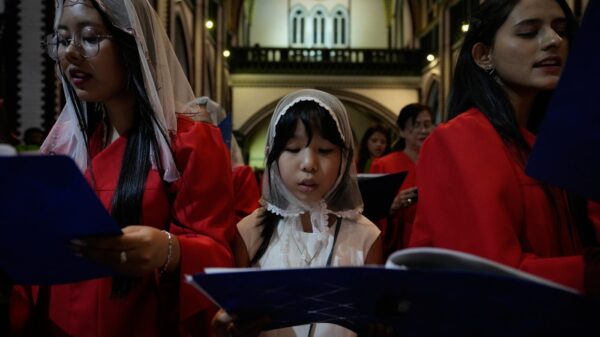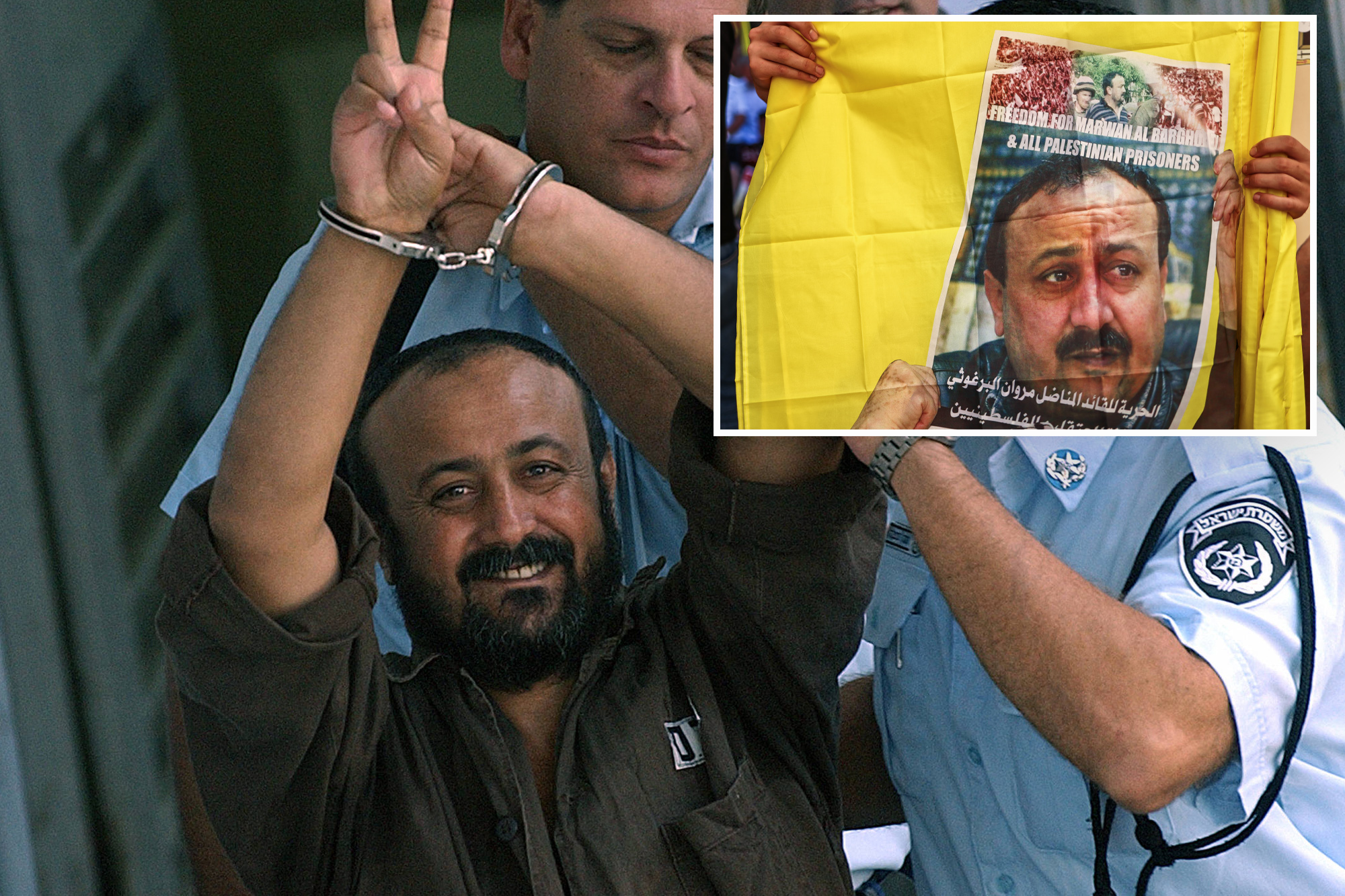RAMALLAH, West Bank — In a significant development regarding the ongoing conflict, Israel has announced that it will not release prominent Palestinian leader Marwan Barghouti as part of a ceasefire agreement with Hamas. This decision excludes Barghouti and other high-profile prisoners from a list of approximately 250 inmates Israel plans to free in exchange for hostages held by Hamas, according to statements from senior Israeli officials.
The ceasefire deal, which took effect on **November 24, 2023**, also stipulates that Hamas should release about 20 Israeli hostages by **November 27, 2023**. The Israeli government’s official website first published the list of prisoners slated for release, though it remains unclear if this list is final. Hamas has long sought Barghouti’s freedom and insists on his release as a condition for any lasting peace negotiations. Senior Hamas official Mousa Abu Marzouk confirmed that discussions with mediators are ongoing.
Israel regards Barghouti as a terrorist leader, convicted in **2004** for his involvement in attacks that resulted in the deaths of five people. Experts suggest that Israel’s reluctance to release him stems from a fear of his potential as a unifying figure among Palestinians. Barghouti advocates for a two-state solution while also supporting resistance against occupation. His popularity has led some Palestinians to liken him to Nelson Mandela, who became South Africa’s first Black president after fighting against apartheid.
With the ceasefire in place, Israel plans to release prisoners mostly affiliated with Hamas and the Fatah faction, many of whom were arrested during the Second Intifada in the 2000s. This period saw significant violence, with Palestinian groups launching attacks against Israeli civilians and soldiers, leading to heavy casualties on both sides. Notably, one of the prisoners scheduled for release is Iyad Abu al-Rub, an Islamic Jihad commander linked to suicide bombings that killed 13 people. The oldest inmate to be released is Samir Abu Naama, a 64-year-old Fatah member who has been imprisoned since **1986**. In contrast, the youngest is Mohammed Abu Qatish, who was arrested in **2022** at the age of 16.
Hamas has consistently demanded Barghouti’s release in previous negotiations, but Israel has rebuffed these requests, fearing that his liberation could lead to a resurgence of violent resistance. The Israeli government recalls its past experience when it released senior Hamas leader Yahya Sinwar in a **2011** exchange, who later played a pivotal role in orchestrating the recent violence that erupted on **October 7, 2023**.
Barghouti, who is currently 66 years old, has emerged as a consensus figure in Palestinian politics. Widely regarded as a potential successor to Mahmoud Abbas, the aging president of the Palestinian Authority, Barghouti enjoys significant support among the Palestinian population. His rise as a leader began during his university years, where he organized protests against the Israeli occupation. Following his involvement in the First Intifada, he was deported to Jordan but returned to the West Bank in the 1990s as part of peace agreements that aimed to establish a Palestinian state.
Despite his imprisonment, Barghouti has remained politically active. In **2021**, he attempted to register a list for parliamentary elections that were ultimately canceled. Additionally, he led a significant hunger strike in **2017**, advocating for better conditions within the Israeli prison system. His ability to connect with both Palestinian factions and Israeli citizens has contributed to his image as a credible leader, contrasting sharply with the increasingly unpopular Abbas.
Experts highlight that Barghouti’s potential release could threaten Israel’s longstanding policy of maintaining divisions among Palestinians and keeping Abbas’ administration weak. Eyal Zisser, vice rector of Tel Aviv University, notes that Barghouti’s popularity could bolster Palestinian institutions, posing a challenge to Israel’s right-wing government, which opposes any steps toward Palestinian statehood.
In light of the current ceasefire and the complexities surrounding prisoner exchanges, the future remains uncertain. With Barghouti left off the list of those to be released, it underscores the contentious nature of negotiations and the deeply rooted divisions within the Israeli-Palestinian conflict. Israel’s national security minister, Itamar Ben-Gvir, recently made headlines by publicly confronting Barghouti in prison, emphasizing Israel’s stance against any threats to its security.







































































